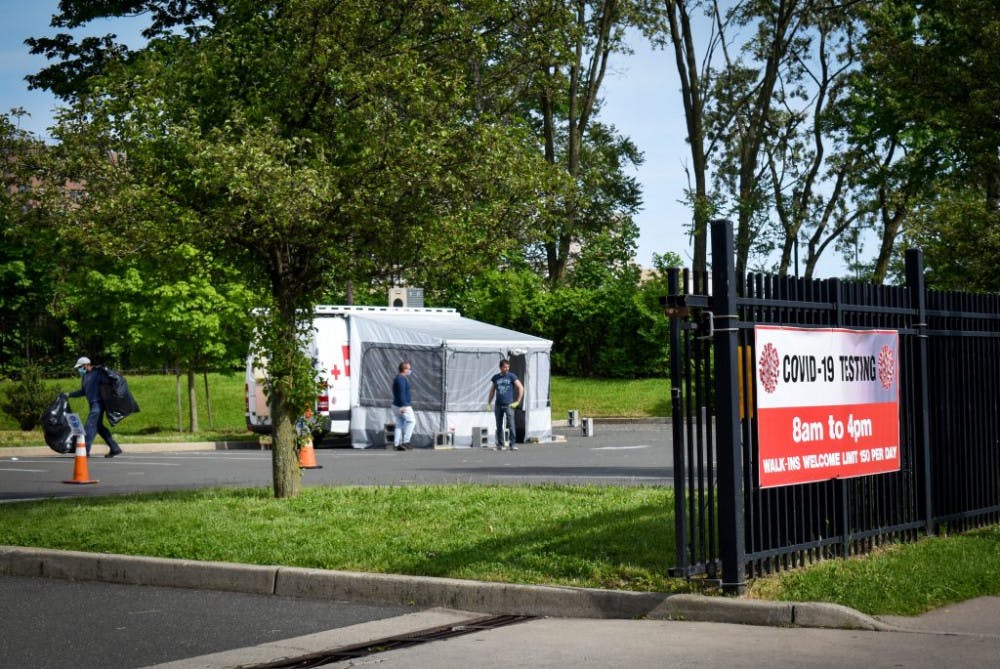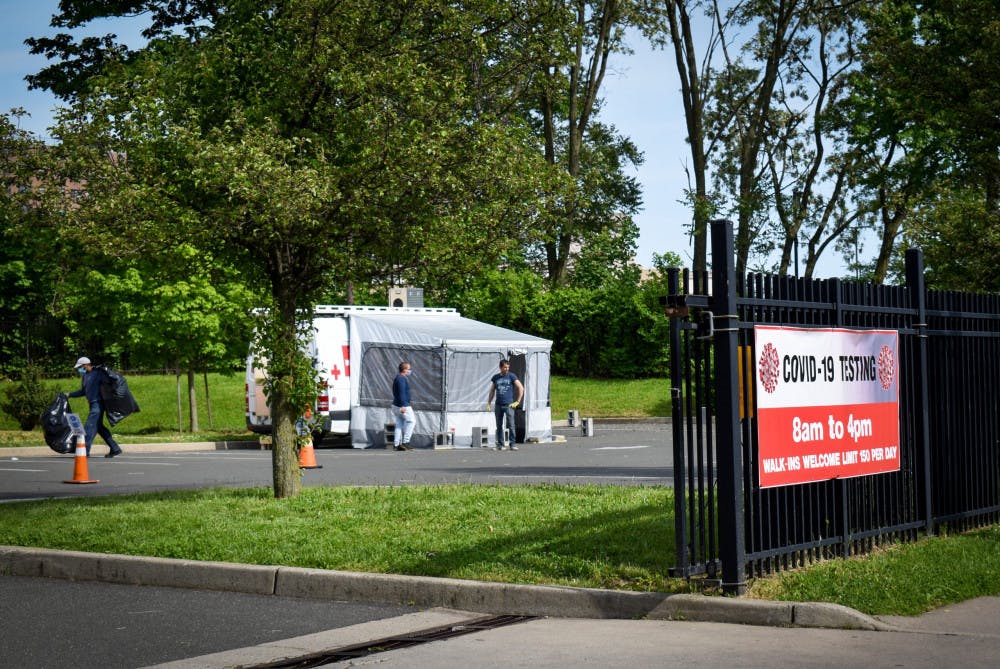Dual emails from Student Services and the Re-Opening Operations Team (ROOT) announced new guidelines Friday for students returning to campus, outlining quarantine and testing requirements for residents, non-residents, and international students.
The announcements include details that were not outlined in the University’s draft restart plan, which was reported by The Setonian on Tuesday after it was released by the New Jersey Office of the Secretary of Higher Education.

“After careful consideration, Seton Hall has devised a set of requirements that expands on [state and federal] guidelines in ways that we believe will provide greater protection and comfort for the well-being and safety of both our student body and everyone else in the Seton Hall community,” the email, signed by Vice President of Student Services, Dr. Shawna Cooper-Gibson said.
Residential students will be required to quarantine in their homes for fourteen days before moving onto campus or, if unable to quarantine, can provide a negative COVID-19 test result from within the fourteen days prior to arriving on campus. COVID-19 test results can be uploaded to students’ Health Services portal on PirateNet.
“All students residing on campus must quarantine at home for 14 days prior to their arrival on campus. Students in quarantine should stay home, separate themselves from others, and monitor their health for signs and symptoms of COVID-19,” the email said. Students are not expected to separate themselves from family members with whom they live.
With the earliest option for move-in set as August 16, some students may be required to quarantine beginning as early as August 2.
Residents must also acknowledge that they may be required to be tested for COVID-19 in the future.
“Reasons may include, among others, being named as a close contact of an infected individual or being part of a sample for surveillance testing to determine the spread of the virus throughout the community,” Dr. Cooper-Gibson’s email says.
Non-residents are expected to quarantine for fourteen days before classes begin on August 24, according to the email. Non-residents who cannot quarantine for this period of time must social distance and wear masks whenever they leave their homes, beginning two weeks before August 24.
International students who are living on campus and arriving from abroad will be required to quarantine in Ora Manor for two weeks, the email says. International students arriving from abroad who are not living on campus will be required to quarantine in their residence for two weeks.
International students already in the United States should follow the guidelines set out for residential and non-residential students based on their housing status.
All members of the Seton Hall community will also be required to sign the “Seton Hall Pledge,” which requires symptom monitoring, as well as strict social distancing and mask wearing both on and off campus.
It is not clear how, or if, quarantine before entering campus will be enforced. However, the restart plan submitted to the state cites “escalating sanctions for more egregious violations” of the pledge.
Students will receive the pledge in a welcome package when they arrive on campus, the email from ROOT says.
The ROOT email also says that most administrators and staff will return to campus on August 10, though noted that “naturally this is contingent on the State of New Jersey moving to Stage Three of its reopening plan.”
The University’s in-person restart plan currently hinges on New Jersey moving into Stage Three, according to the draft restart plan submitted to the state. It is not clear when the state government will deem it safe to enter Stage Three, as Governor Phil Murphy recently began slowing the state’s Stage Two reopening as a result of widespread outbreaks of COVID-19 in other states and an increased transmission rate within New Jersey.
The emails come after a leaked Centers for Disease Control and Prevention (CDC) document released by the New York Times on July 10 described hybrid in-person and virtual classes, such as Seton Hall’s Hybrid Flexible model, as having “more risk” for spreading COVID-19, compared to schools which operate entirely online.
According to the ROOT, 81% of the University's 4,000 undergraduate students surveyed indicated that they would like to participate in in-person learning for the fall 2020 semester.
Daniel O’Connor can be reached at daniel.oconnor1@student.shu.edu. Find him on Twitter @ItsDanOConnor.





